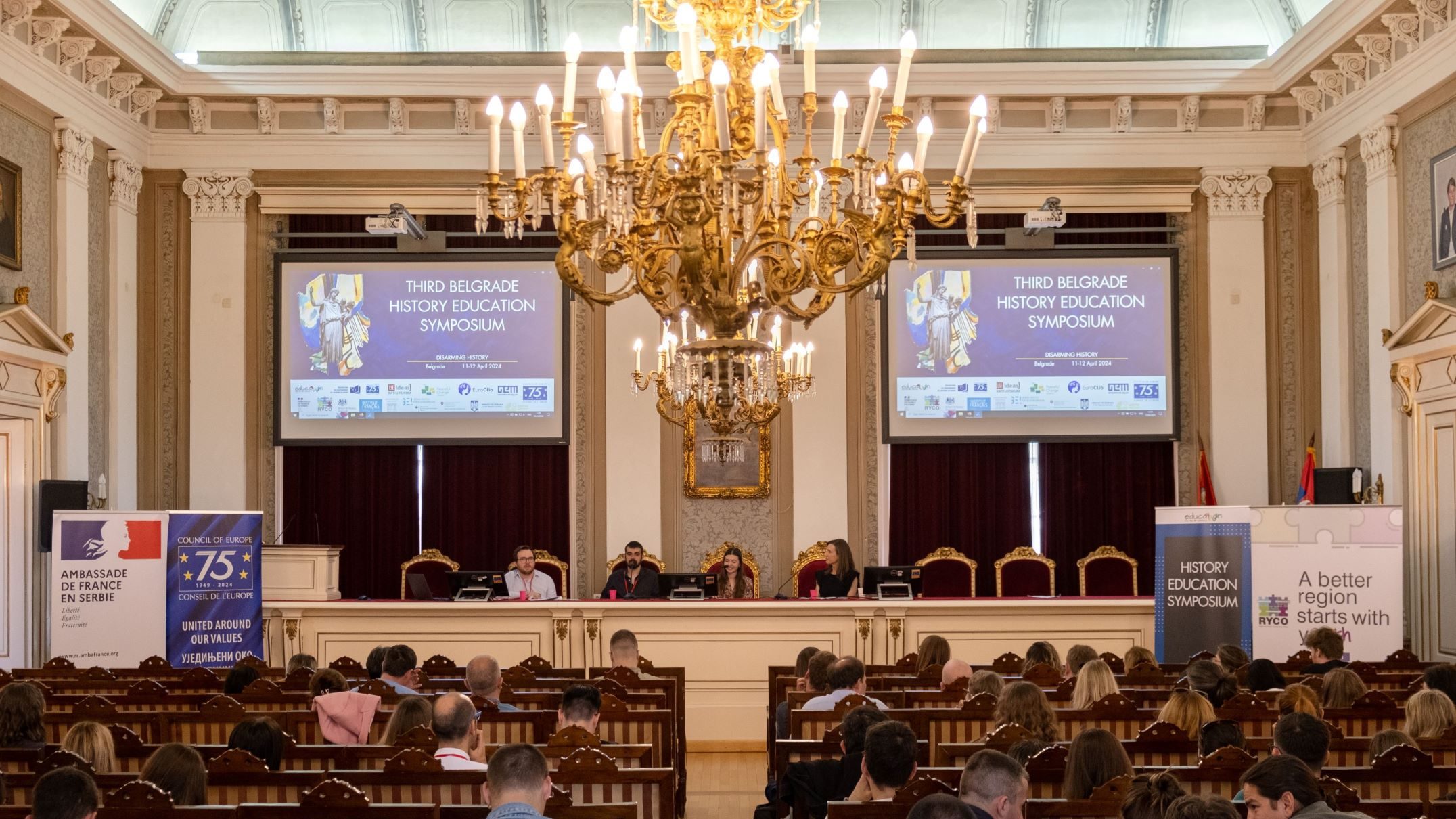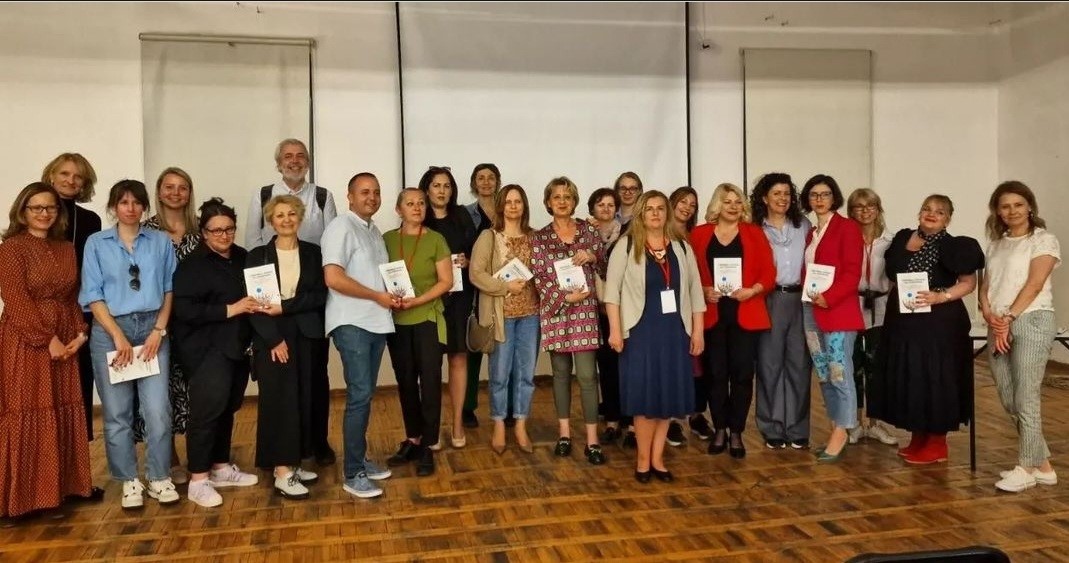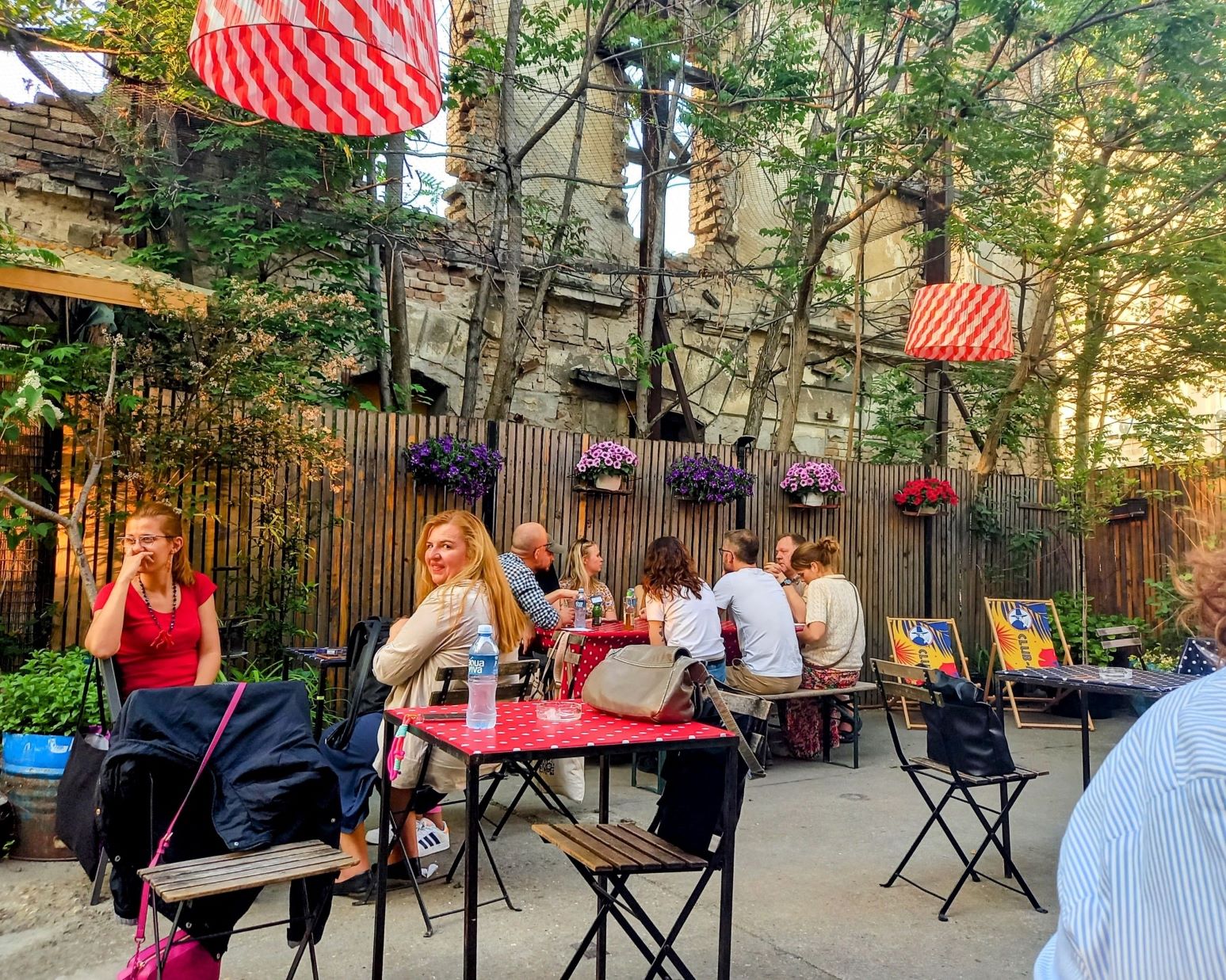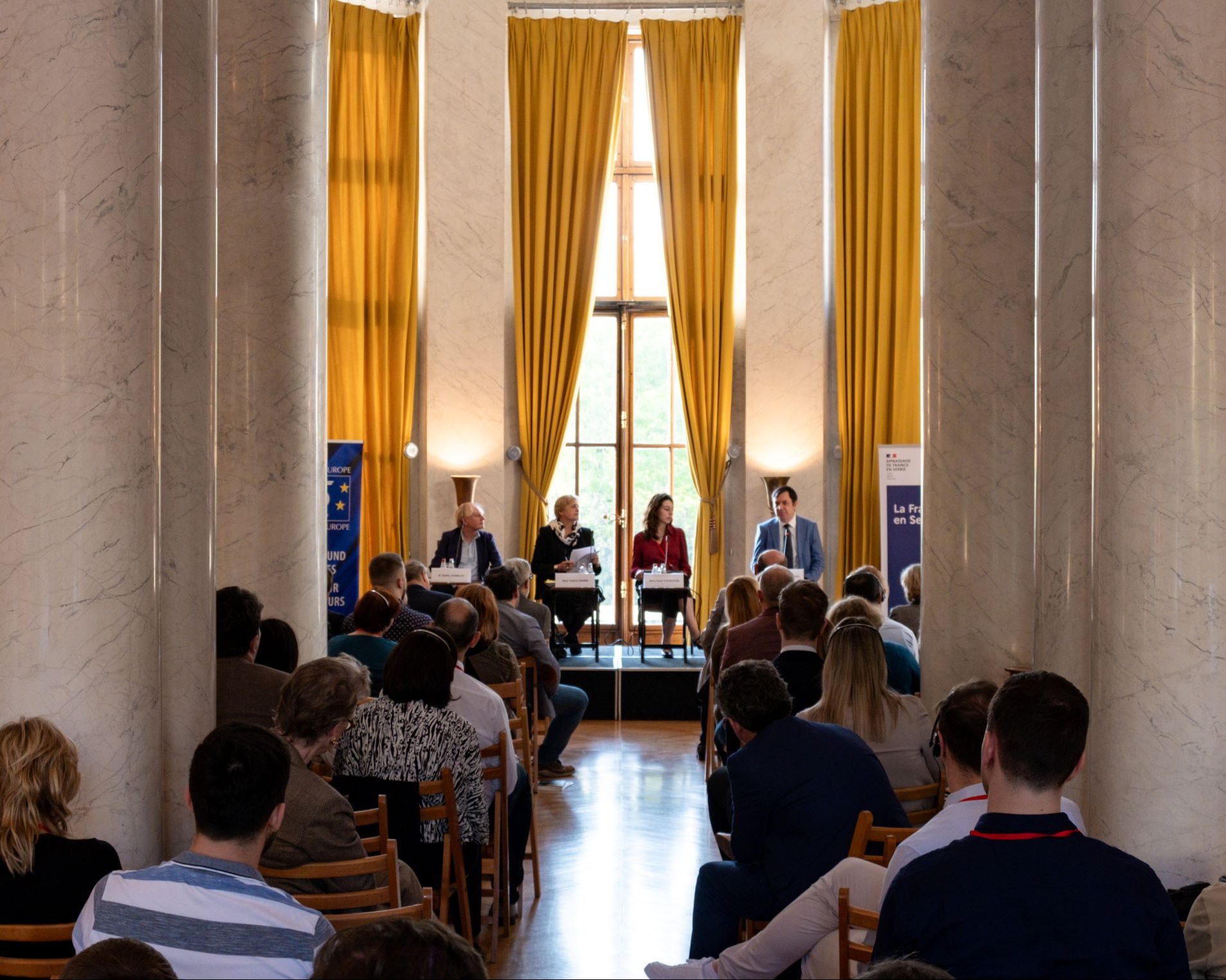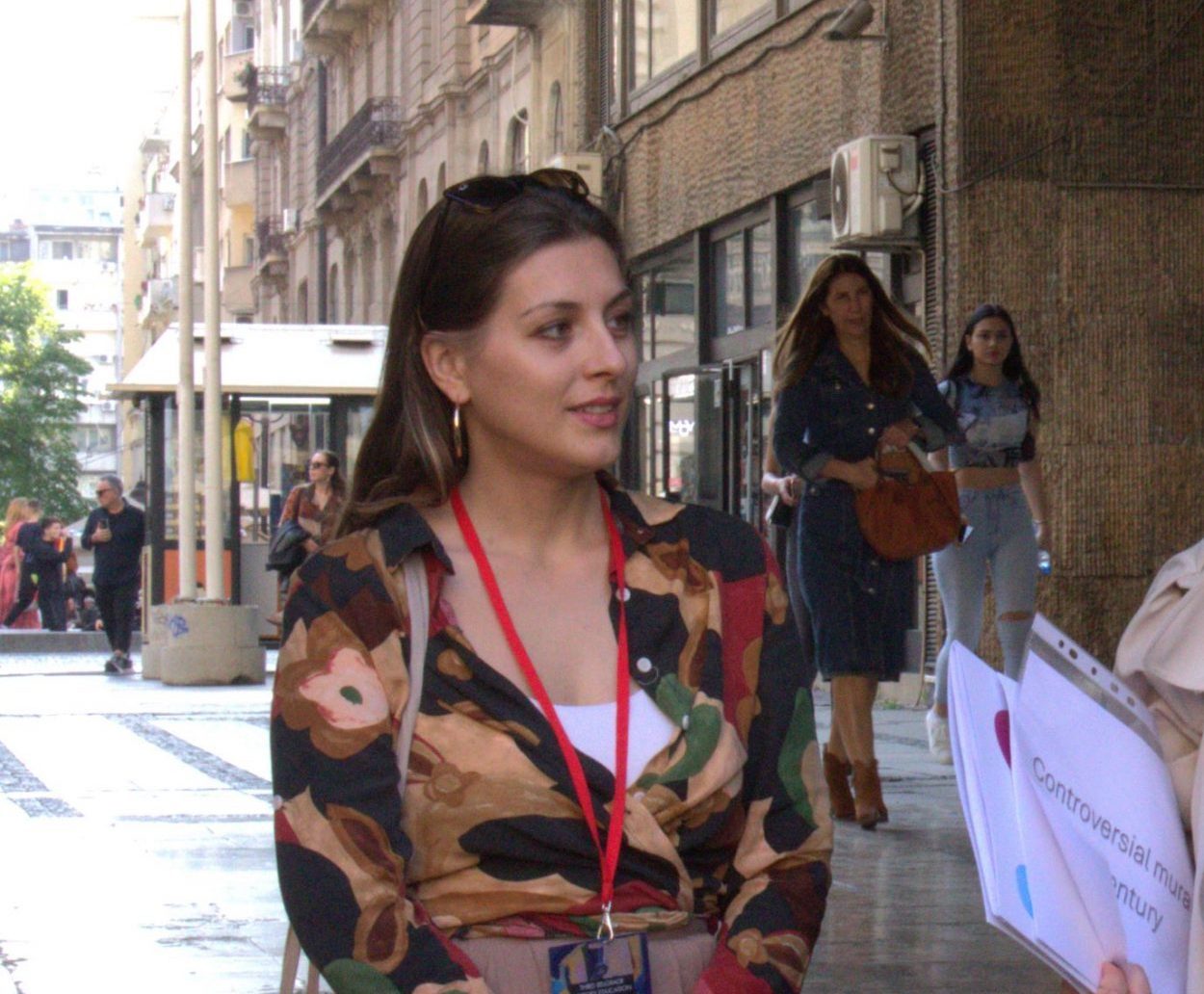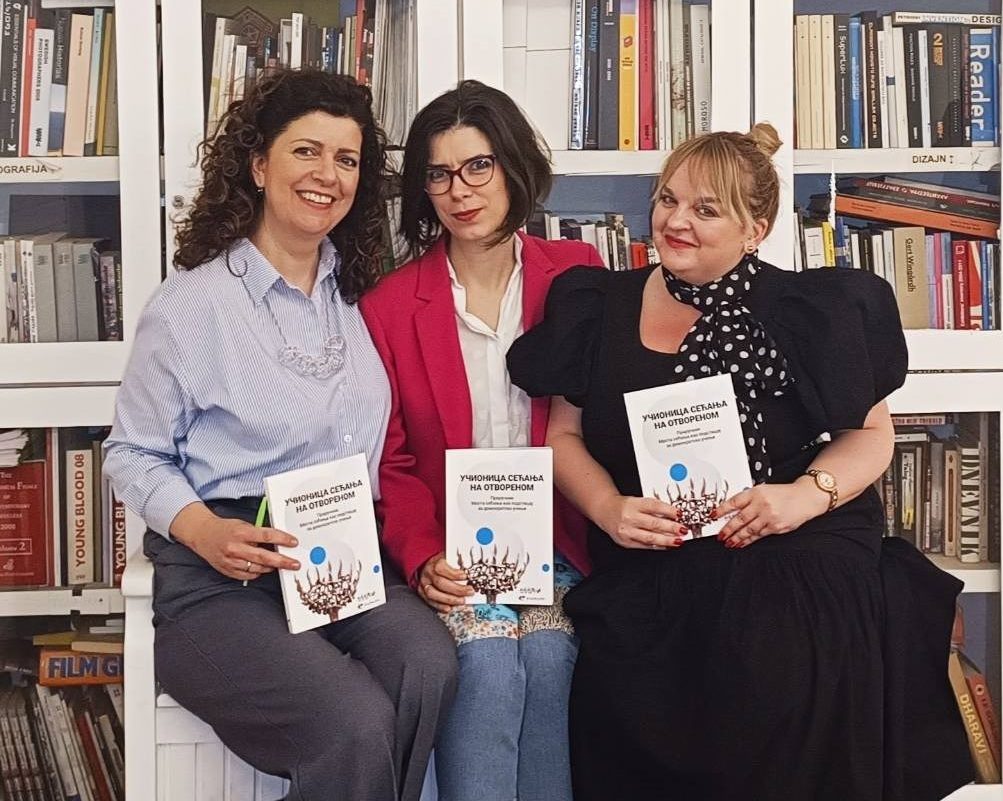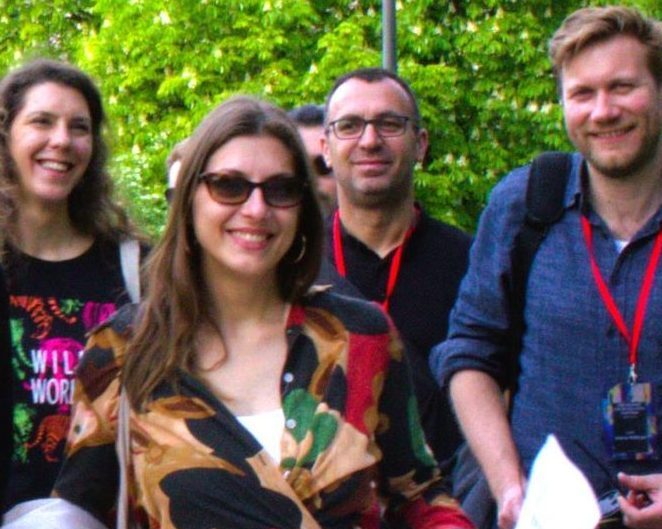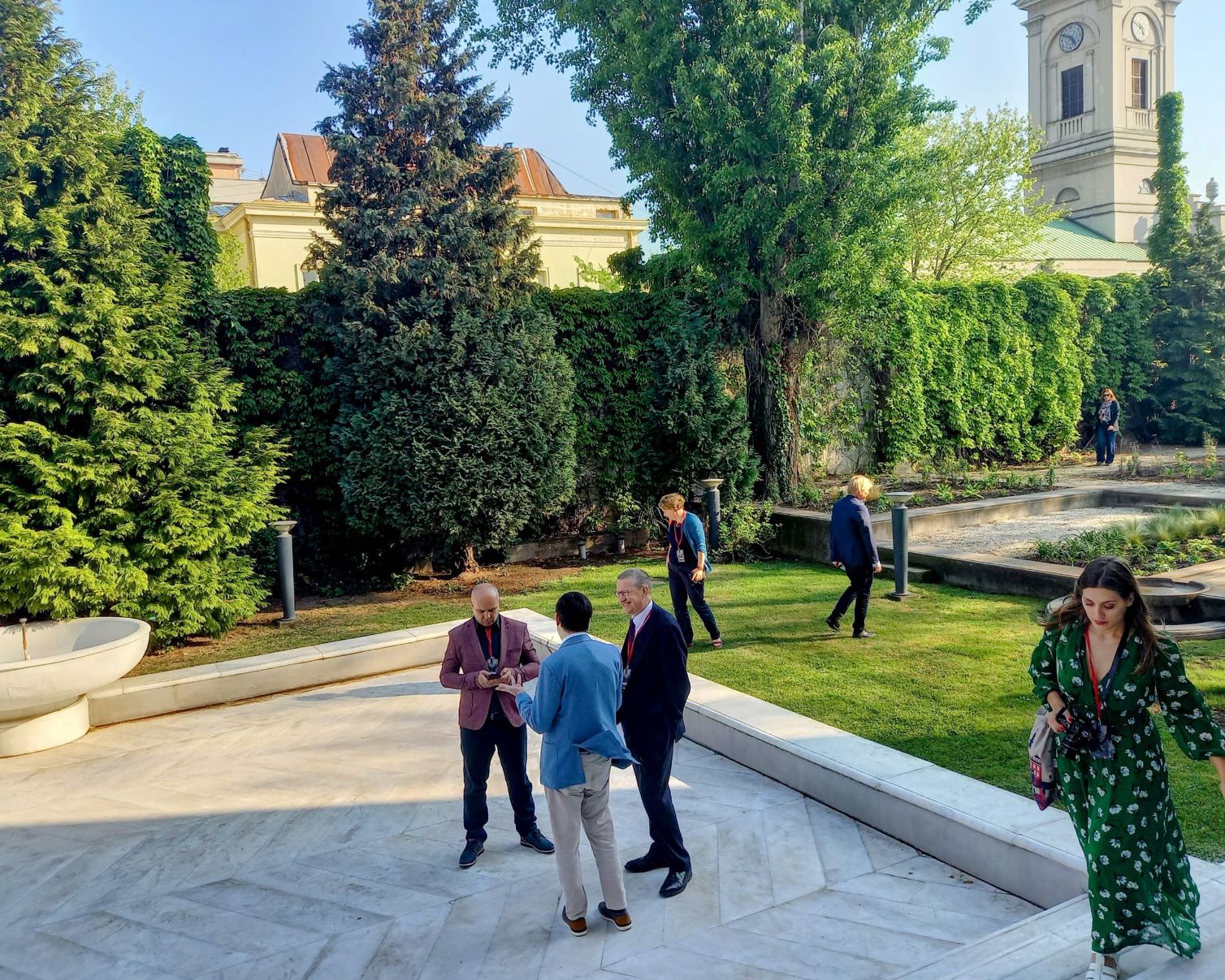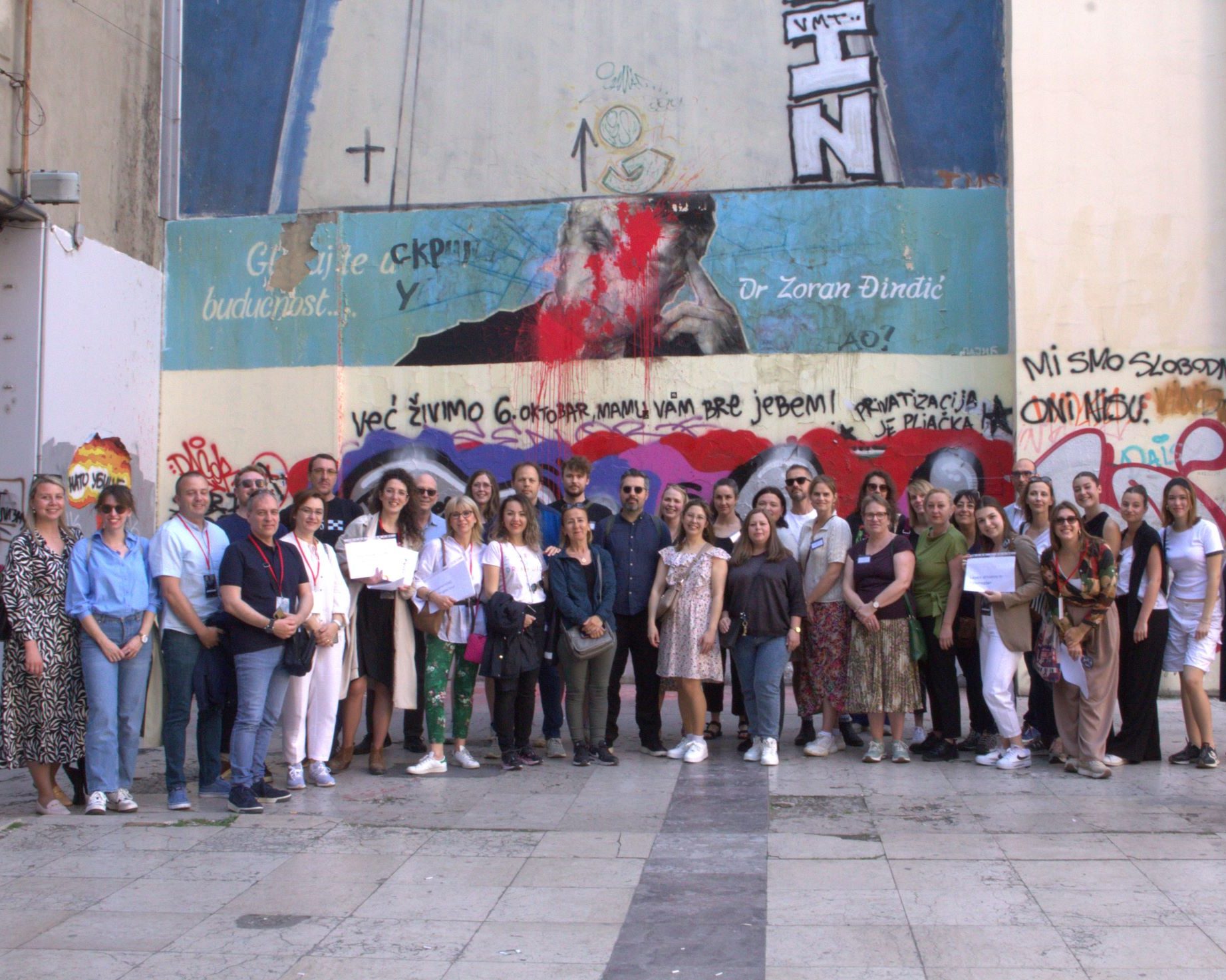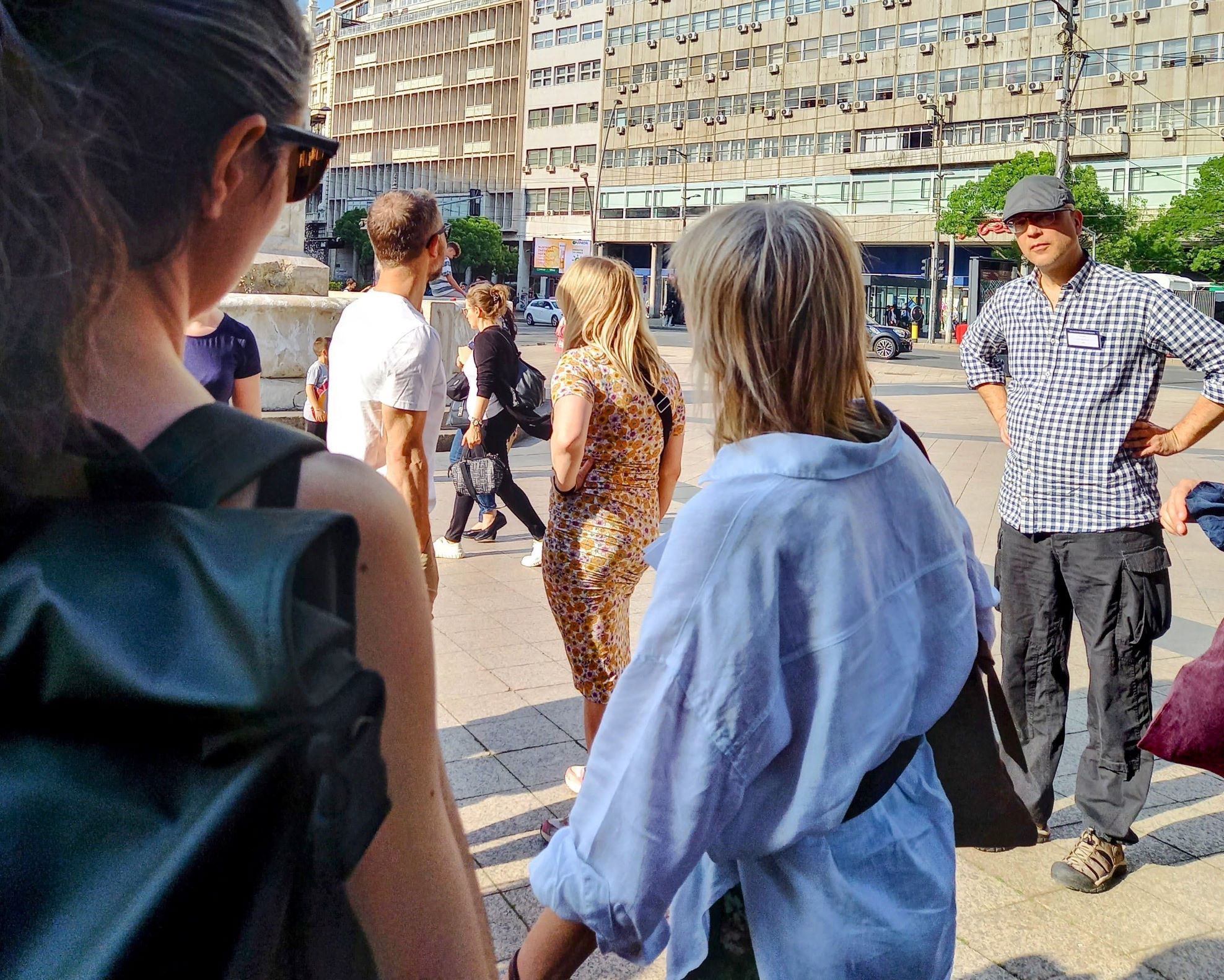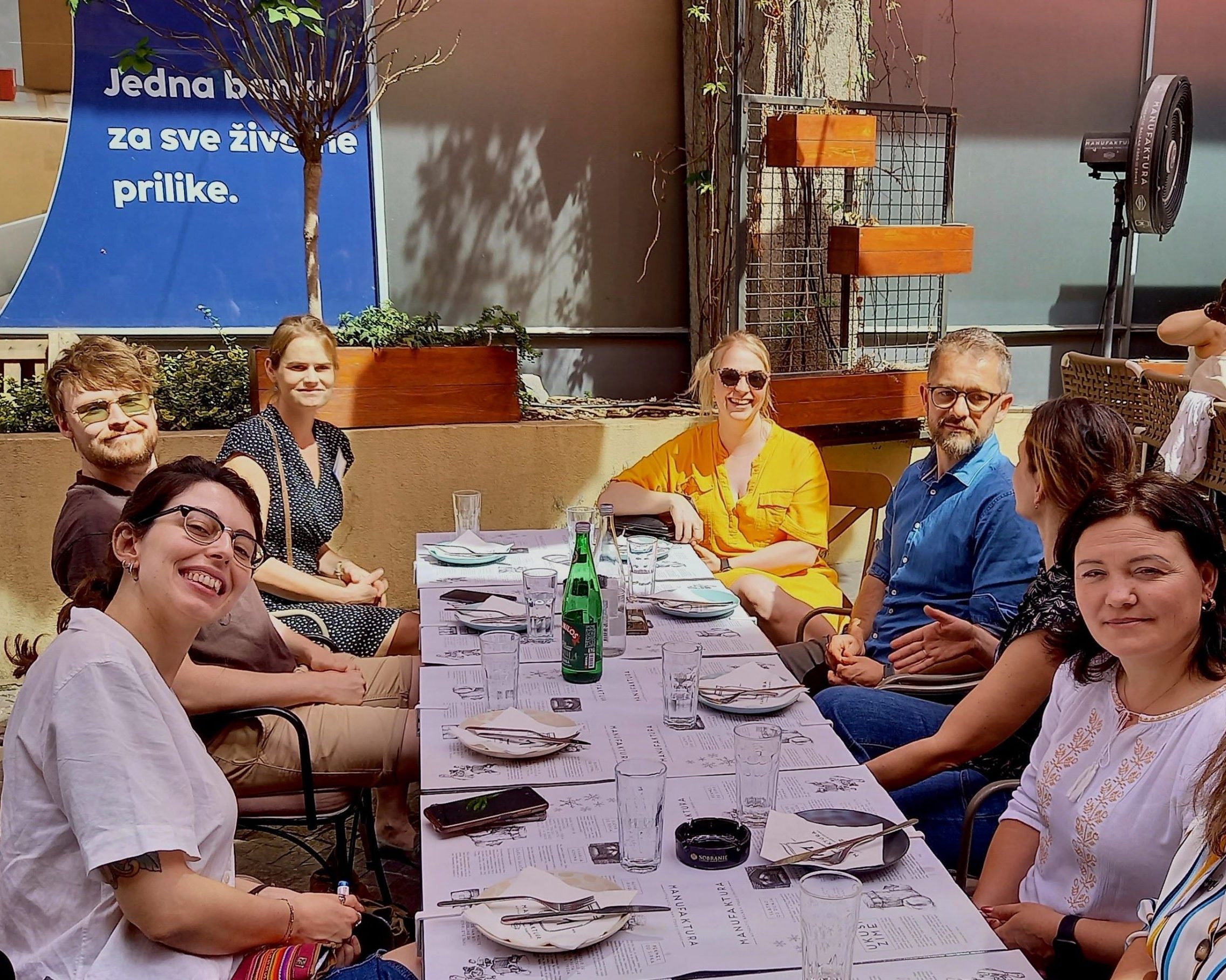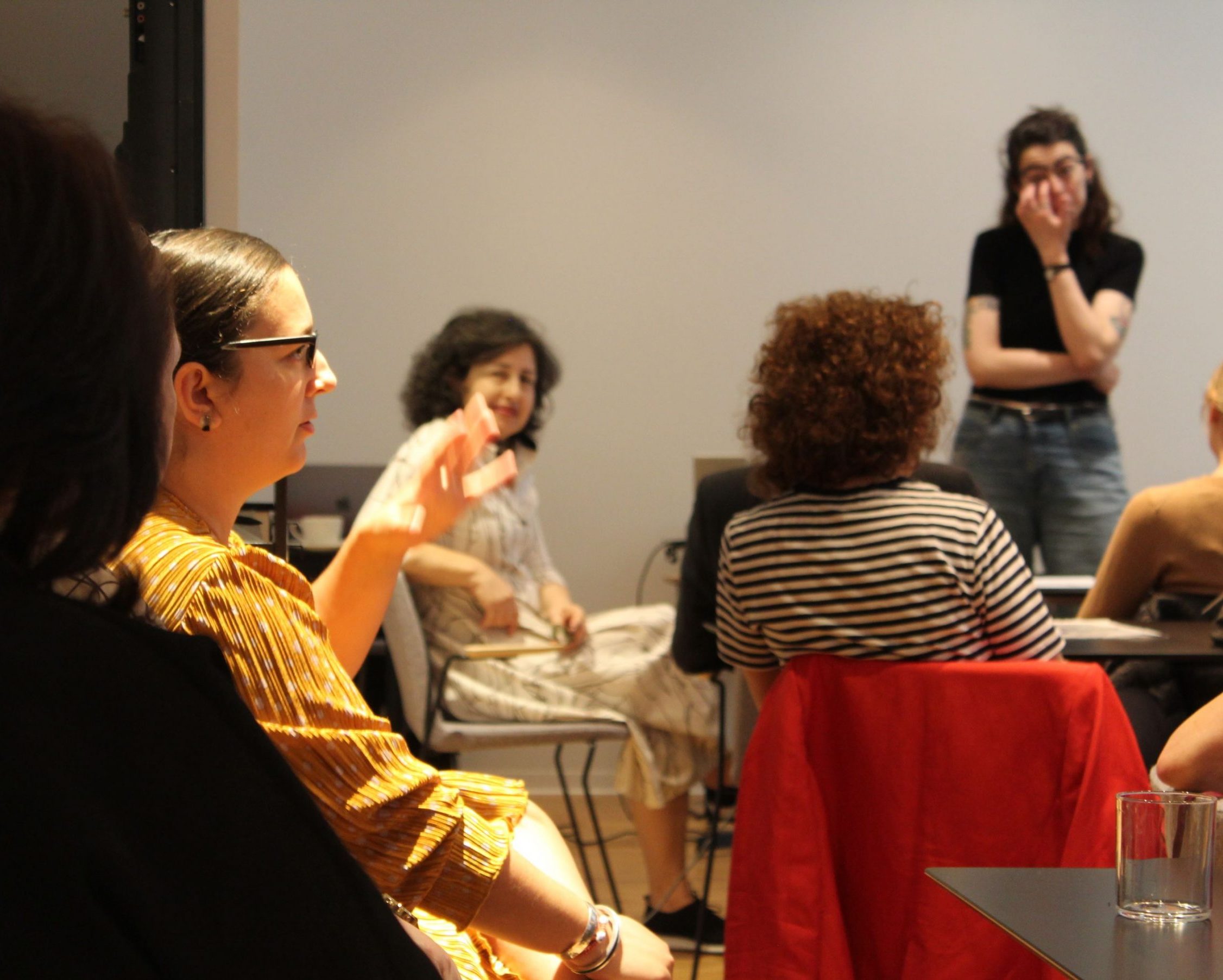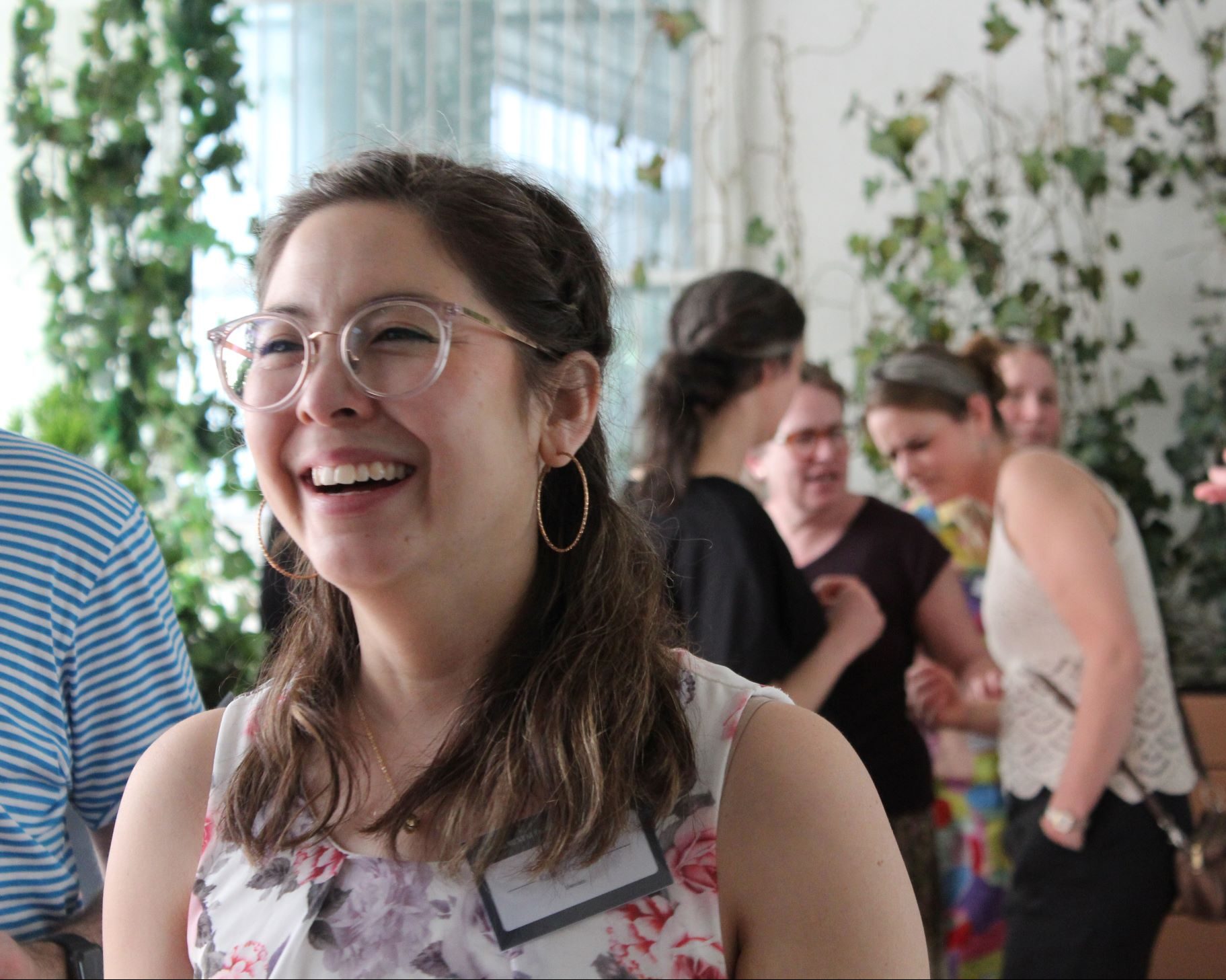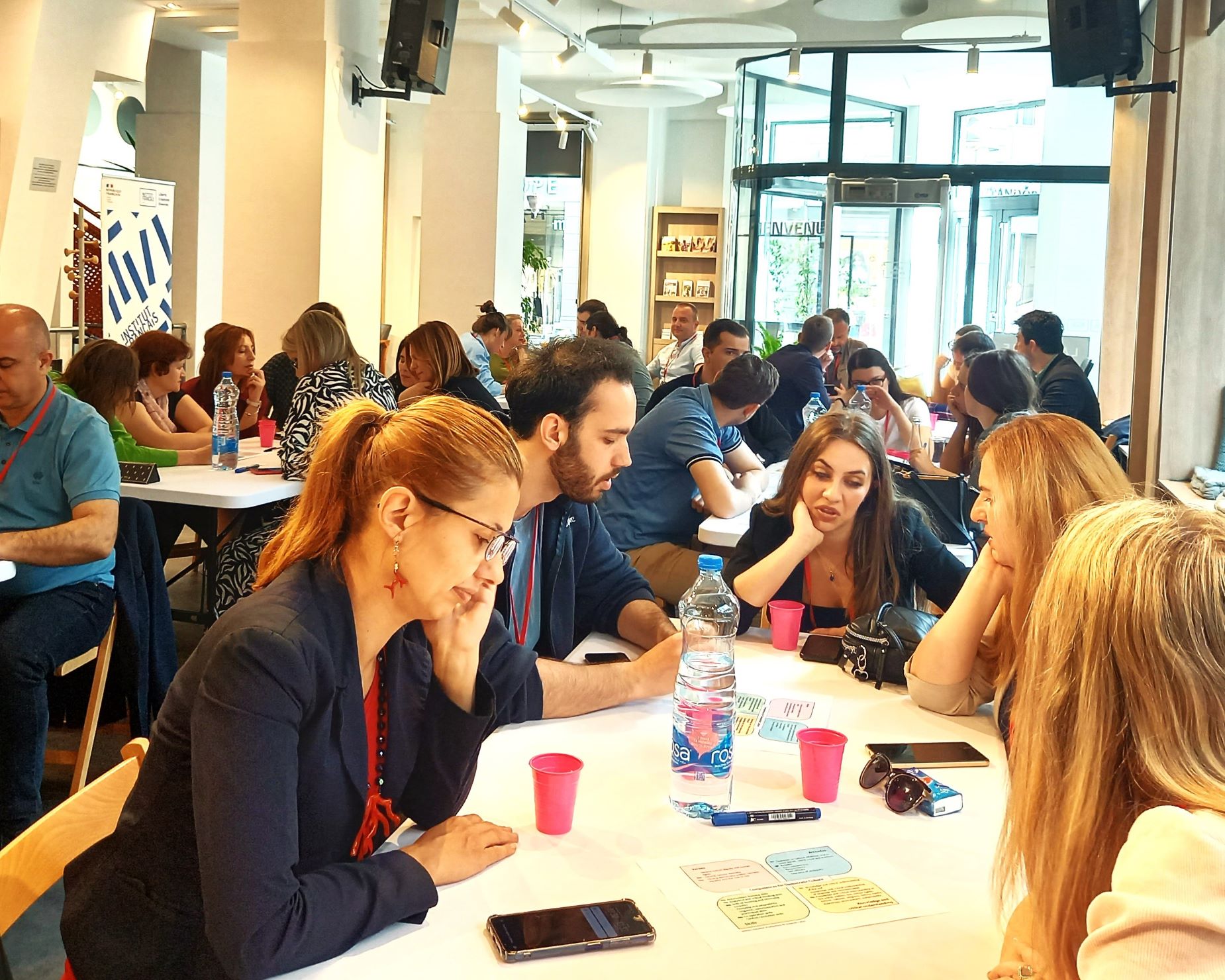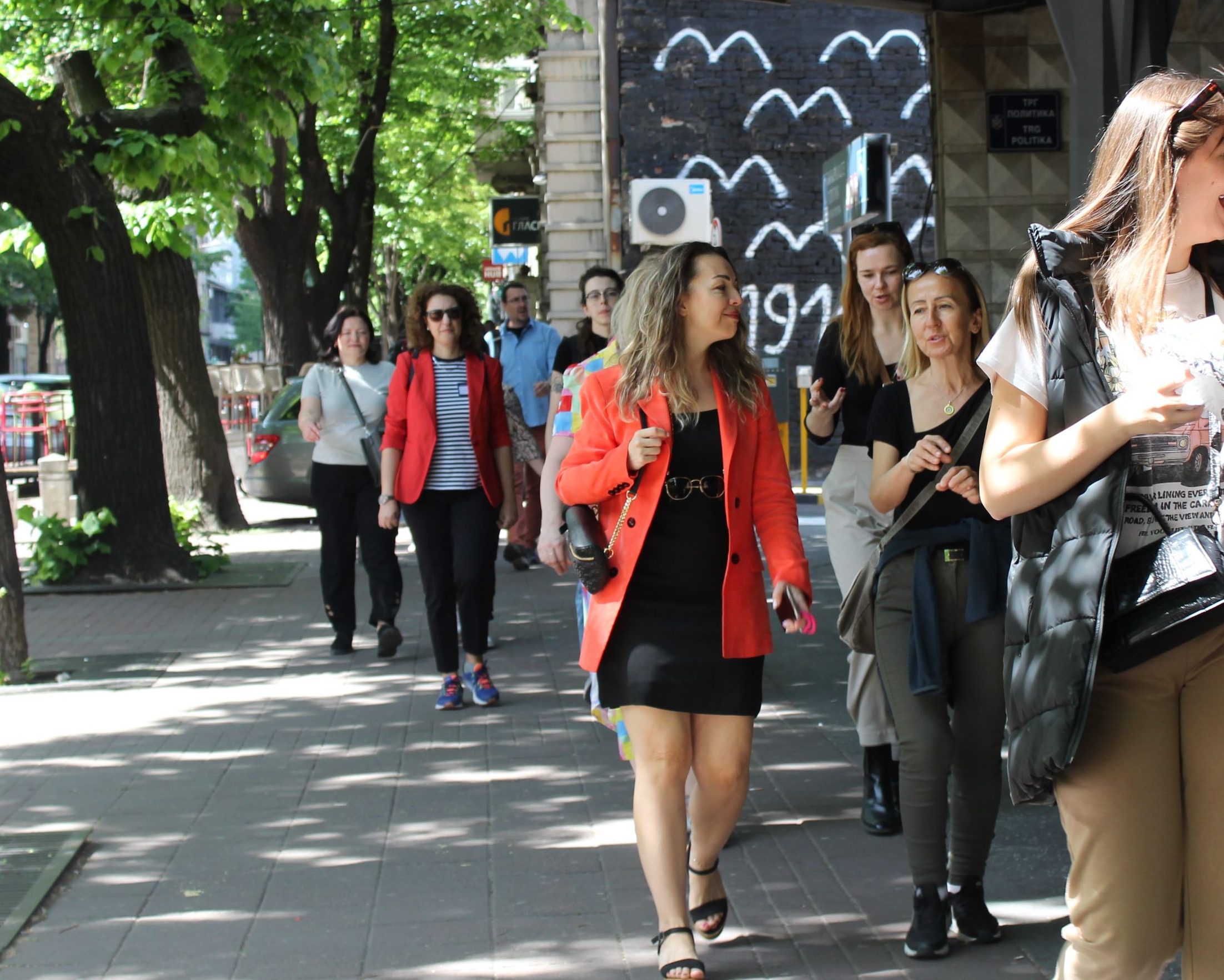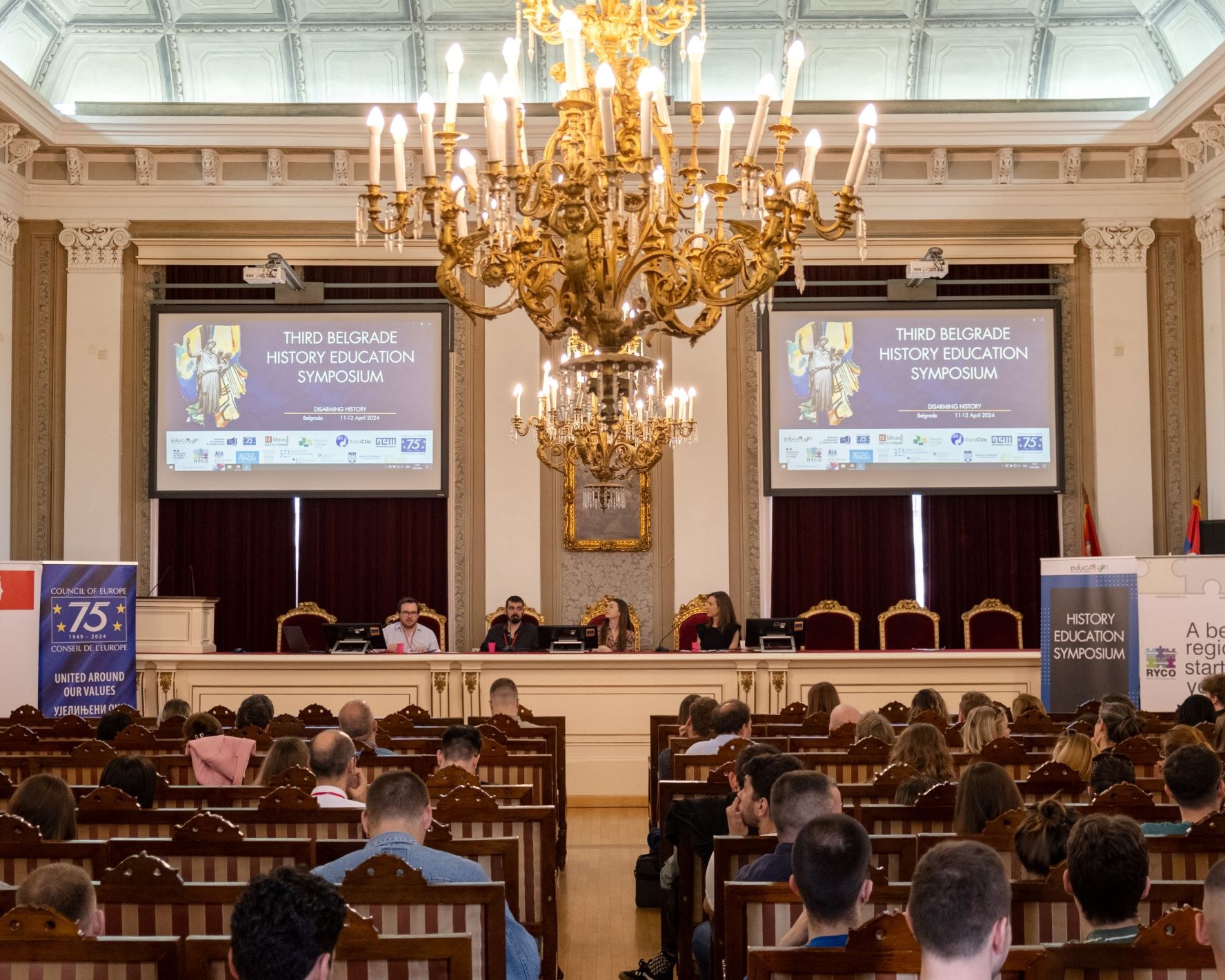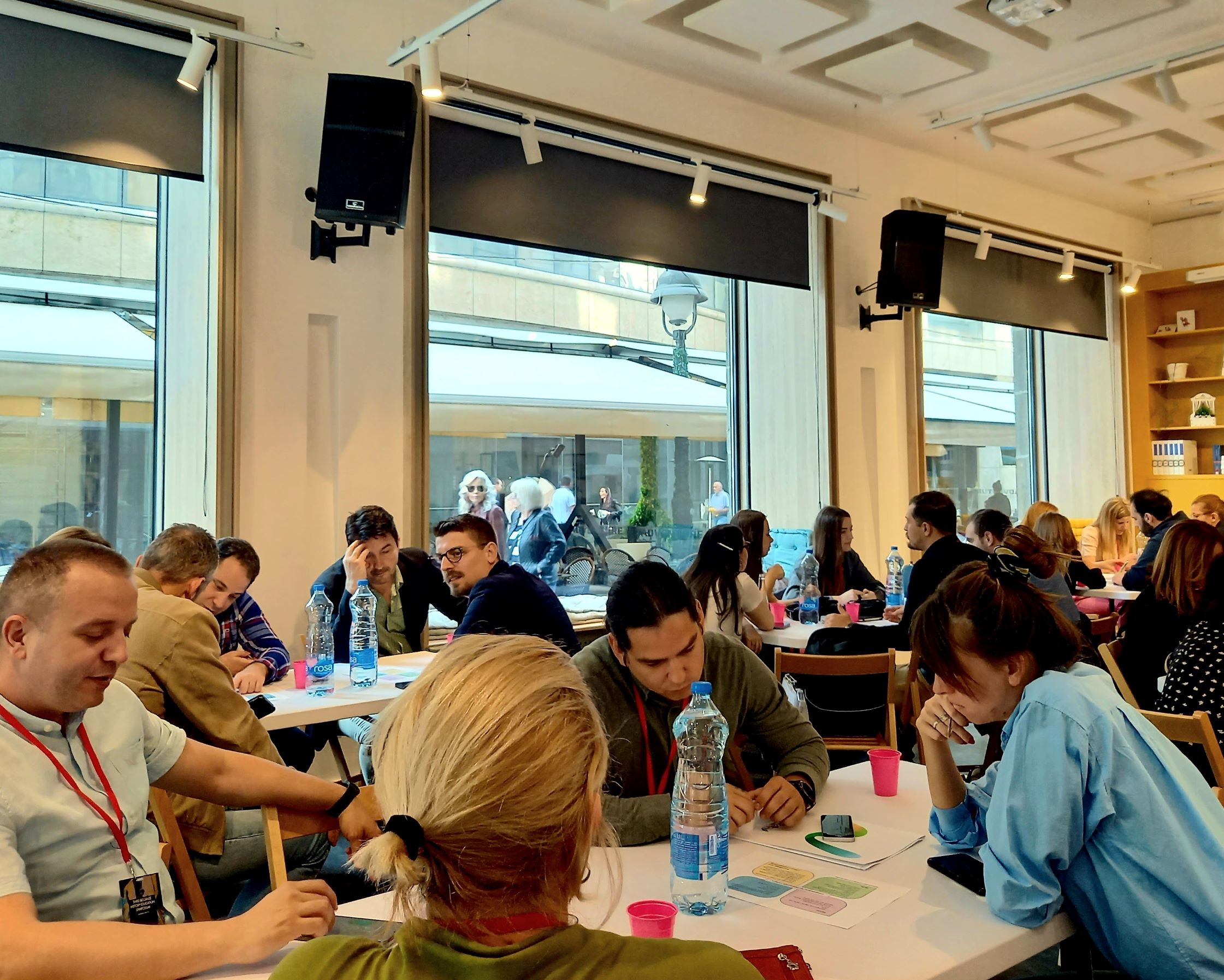Third Belgrade History Teaching Symposium
Belgrade once again served as an inspiring hub hosting Symposium on history education titled "Disarming History"! From April 11th to 12th, experts and professionals from diverse corners of the globe converged in our city to exchange inovative practices in history education. For three years, this symposium has served as a cornerstone event for all involved in the field of education.Spanning various venues across Belgrade, this event is complemented by captivating tours, offering participants insights into diverse perspectives on cultural-historical heritage
Organized by the Office of the Council of Europe in Belgrade and the Observatory for History Teaching in Europe, an introductory panel was held at the Rectorate of the University of Belgrade. We invited representatives from the Ministry of Education in Serbia, Executive Director of the Observatory on History Teaching in Europe, a professor from Maynooth University, and our , Vice-Chair Ana Radaković to exchange experiences regarding the challenges faced by history education in Europe. Discussions revolved around the importance of democratizing history education, adapting new teaching content to the needs of new generations (Zoomers already make up 32 percent of the global population).
The discussion entitled ‘Reconciliation Through History Teaching’ was a crucial one, engaging with the manifold complexities and opportunities for reconciliation afforded by history education from the perspective of the panel’s wide-ranging, transnational experience. The speakers included H.E. Anke Konrad, the Ambassador of Germany to Serbia, H.E. Rene Trocazz, France’s Special Envoy for the Western Balkans, and Dr. Marko Suica, Professor of History at the University of Belgrade.
The Symposium featured workshops encouraging educators to explore societal phenomena from recent history to foster understanding of democratic values and respect for human rights. It's clear that the workshops served as dynamic platforms for educators from Serbia, WB, and Europe to come together and jointly explore some important phenomena from the 1990s, still resonating in our present reality.
Participants also had the opportunity to explore Belgrade through guided walking tours, offering diverse perspectives on the city's cultural and historical heritage.
The full report you can find here https://acrobat.adobe.com/id/urn:aaid:sc:EU:c59b952e-0678-4af7-b408-63bf086c0322

